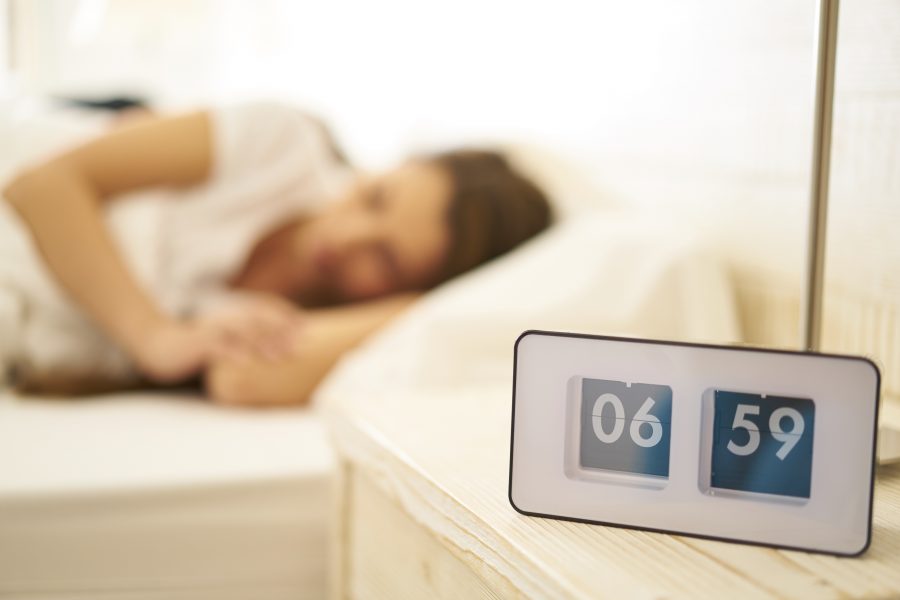The first half of school is rapidly coming to an end as the semester is already 70% over. As the completion of the year increases, the fatigue of students follows suit. Students received their first break, satisfying some in their desire to sleep in. However, many are students are waking with dread to their alarm leaving them one question: is the snooze button really that bad?

When waking up, those precious minutes feel like stumbling upon gold, but hitting the snooze actually hurts the body for the remainder of the day. This effect is referred to as sleep inertia. Similar to how an object resists motion, the brain is resisting waking up immediately. Though the initial reaction may be to lay back down, sleep inertia is completely normal and must be fought to wake up.
There are many aspects of the waking day that students can modify in order to better their sleeping habits. Simple activities like eating at the three main timestamps of the day, especially breakfast. Eating anything in the morning is a foolproof way of letting the brain know that it is time to wake up. Naps are commonplace with students, but limiting those naps to 15-20 minutes is really the most effective way of keeping a sleep schedule intact. Keeping up with schoolwork and managing stress levels will also benefit the body. Not only does stress keep the brain awake but it also adds more lethargy to the morning routine.
A weird trick on helping the sleep cycle is controlling the amount of light in the room. This is a tricky time of year for Washingtonians because it gets dark at five o’clock. Resist the urge to relax and lower the lights just because it is dark outside. In the dark, the brain releases melatonin which helps put the body to sleep.
Obviously, the most important part of managing a sleep schedule is to actually participate; get some sleep! Most sleep specialists recommend that teenagers receive ten hours of sleep. Those who live in the real-world know that reaching ten hours is near impossible for a student during the week. Six to eight hours of sleep is enough to wake up healthy and ready for the day.


































